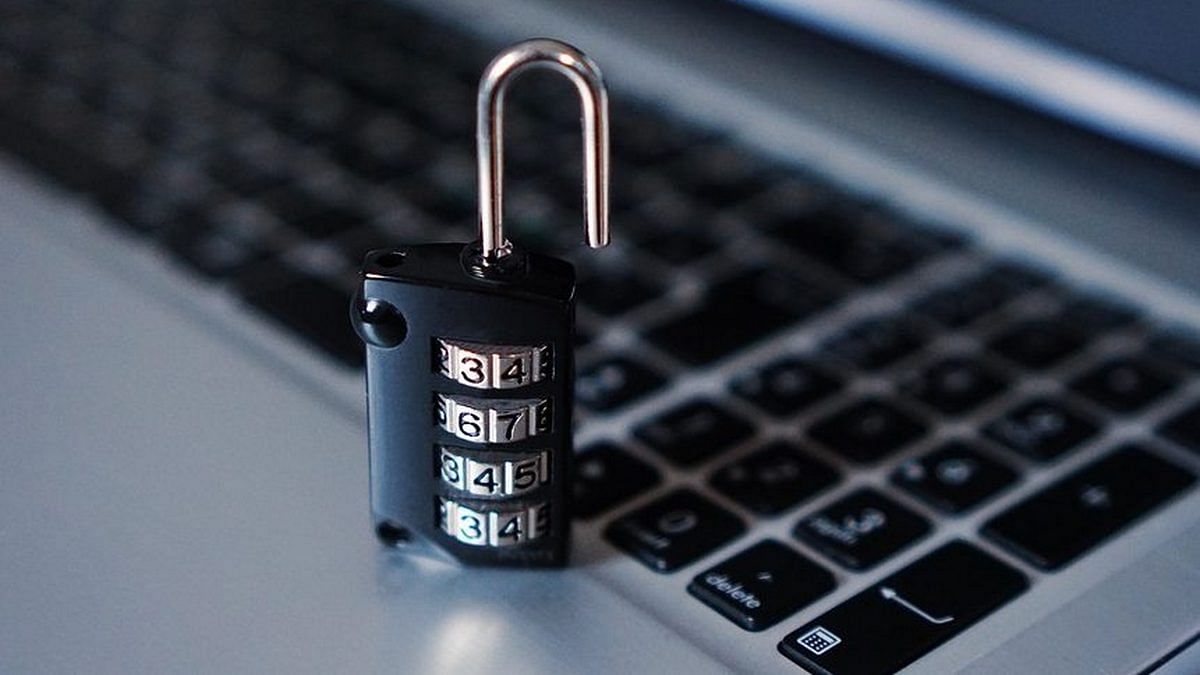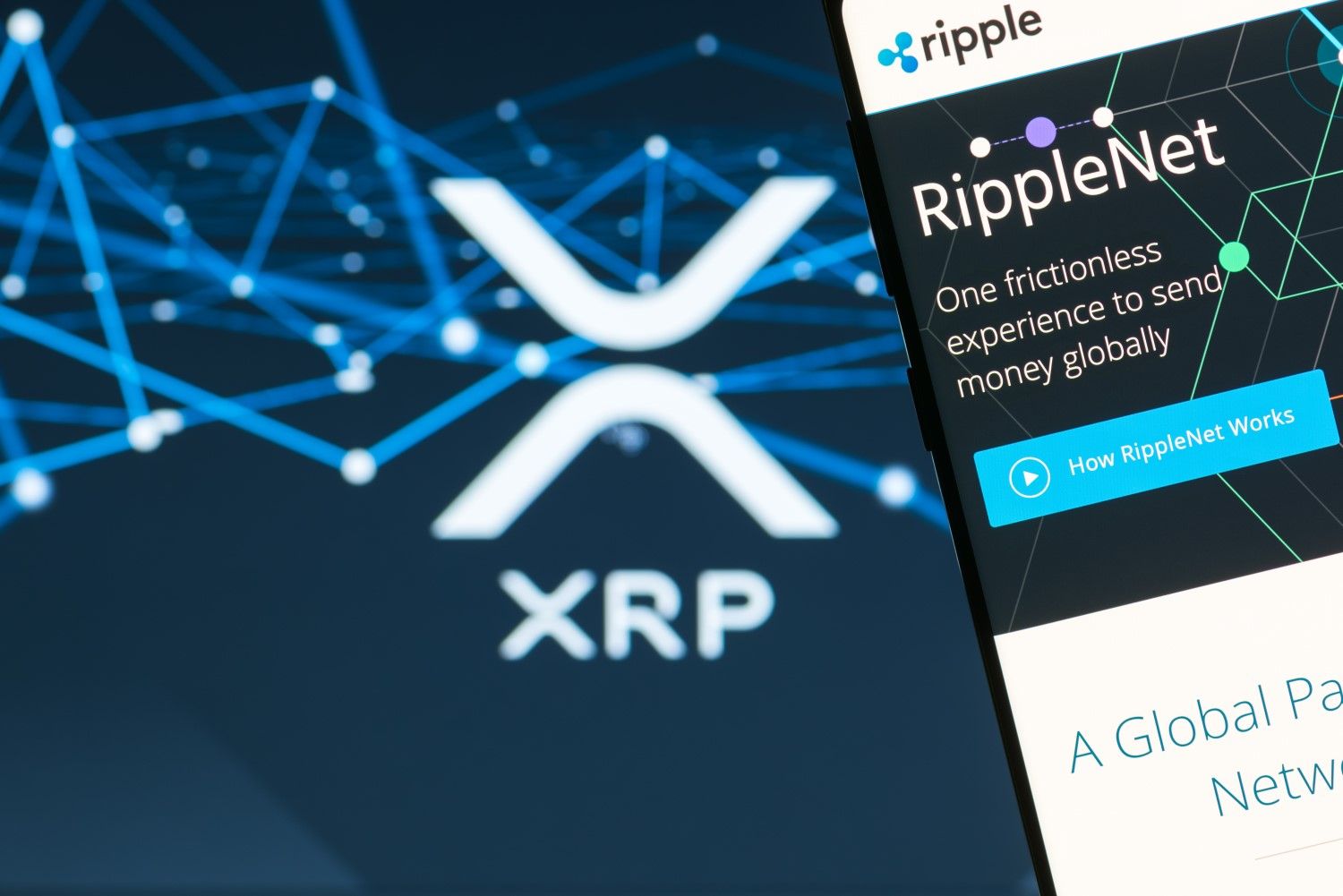New Delhi: Last week, Bengaluru-based cybersecurity firm CloudSEK claimed it had found patient data from Sree Saran Medical Centre (SSMC) in Tirupati being sold on the dark web. This week, the company has itself become the victim of a cyber attack.
This comes at a time when AIIMS Delhi is reeling from a massive cyber attack that forced the hospital to function offline for more than a week.
Over 6-7 December, CloudSEK updated its blog about the cyber incident it had experienced. “We are investigating a targeted cyber attack on CloudSEK,” the company said on 6 December.
Next day, it explained that the issue dates back to November when an employee’s laptop that had been facing issues was given to a vendor named ‘Axiom’, to fix.
“The vendor took the laptop out of CloudSEK premises for servicing. The laptop was returned with a new copy of Windows and a stealer log malware (Vidar Stealer) installed,” CloudSEK said.
A stealer malware can collect information from an infected computer such as passwords that are then typically sent to a hacker’s computer.
The firm disclosed that because of the attack, customer names, purchase orders for three companies, and “multiple” screenshots of dashboards for CloudSEK software were leaked.
It added that no other ”access to customer data” or “access to customer login information” was compromised because of the attack.
The firm is unsure who is behind the attack, but it “suspects a notorious cyber security company that is into dark web monitoring”.
Cyberattacks are increasing across the world and industries. Cybersecurity firm Check Point says on its website, “Asia experienced the most cyberattacks in the third quarter of 2022, with an average of 1,778 weekly attacks per organisation”.
Also Read: India is dangerously unprepared for Chinese cyber-war. AIIMS ransomware attack shows why
The series of events
CloudSEK updated its blog Wednesday to explain how the attack had taken place due to the servicing. The company’s administrative team, unaware of the malware installed on the now-serviced laptop, handed it back to the employee.
“The stealer log malware uploaded the passwords/cookies on the employee’s machine to a dark web marketplace,” CloudSEK said. “The attacker purchased the logs the same day.”
‘Cookies’ refer to data packets containing information like usernames and passwords. The cookie is sent to a user’s device from a website the user visits. Each time a user starts using a website or online service, that particular ‘user session’ is logged by the website or online service, by way of a cookie. The data available in a cookie is labelled with a unique ID specific to the user’s device so the website is able to identify the user.
An attacker with access to cookies can log into and use a victim’s accounts without having access to passwords because the website or online service will think it’s the same user accessing its service from the same device.
CloudSEK says such session cookies collected via the malware were “compromised” and had allowed the attacker to take over an account CloudSEK used to track software development.
(Edited by Theres Sudeep)
Also Read: ‘Why aren’t we taking it more seriously?’ Experts say AIIMS cyberattack among ‘biggest’ in India
Read More: news.google.com









 Bitcoin
Bitcoin  Ethereum
Ethereum  Tether
Tether  XRP
XRP  Solana
Solana  Dogecoin
Dogecoin  Cardano
Cardano  USDC
USDC  Lido Staked Ether
Lido Staked Ether  Avalanche
Avalanche  Shiba Inu
Shiba Inu  TRON
TRON  Toncoin
Toncoin  Stellar
Stellar  Wrapped stETH
Wrapped stETH  Polkadot
Polkadot  Wrapped Bitcoin
Wrapped Bitcoin  Chainlink
Chainlink  Bitcoin Cash
Bitcoin Cash  WETH
WETH  Sui
Sui  Pepe
Pepe  Litecoin
Litecoin  Hedera
Hedera  NEAR Protocol
NEAR Protocol  LEO Token
LEO Token  Uniswap
Uniswap  Wrapped eETH
Wrapped eETH  Aptos
Aptos  Internet Computer
Internet Computer  USDS
USDS  Cronos
Cronos  Ethereum Classic
Ethereum Classic  POL (ex-MATIC)
POL (ex-MATIC)  Artificial Superintelligence Alliance
Artificial Superintelligence Alliance  Bittensor
Bittensor  Render
Render  Ethena USDe
Ethena USDe  Filecoin
Filecoin  Algorand
Algorand  Arbitrum
Arbitrum  Stacks
Stacks  Cosmos Hub
Cosmos Hub  Dai
Dai  Celestia
Celestia  Immutable
Immutable  Bonk
Bonk